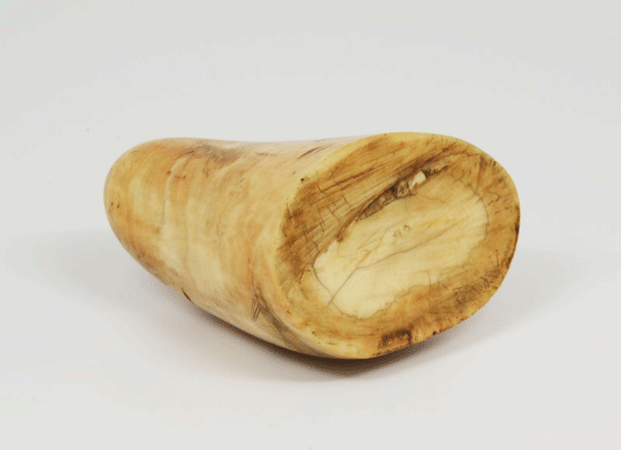Open Source and Circular
Lars Zimmermann & Till Wittwer
—
The Open Source and Circular Economy (OSCE) is more like a question than an answer. Probably asking questions makes more sense in a global financial landscape that is changing rapidly. It is not important to solidify such concepts to a certain place/scale. What is important is to address the very agent that financialization addresses too, the cognitive brain. In this way, the OSCE might manage to successfully hijack the mainstream imagination about sheer profit and replace it with another, that is the plausibility that things can be ran on a different basis: we can save resources and the environment and still generate profit. And this idea can have a resonance and reach to different scales, from community initiatives to corporate multinationals, neighborhoods to whole cities. Practical examples of the OSCE enlighten us of how this can happen in the production and distribution of goods. But, as Maurizio Lazzarato argues, contemporary relations of production are not so much about acting on material bodies as they are about acting on minds and subjectivities. So how could then this model be transposed on the immaterial economy? If we figure that out, perhaps we can start imagining how we can ‘hedge our risk’ as practicing artists in unexpected ways. Till’s pitch is to bring down Sotheby’s, create a gap in the art market and then fill it in with a new kind of market/economy. Anyone interested in figuring out what that new market could be?
—
—
Lars Zimmermann is a german artist and economist living in Berlin. His work focusses since 2009 on the connection of digital communication technology, open source methodology and circular economy.
Till Wittwer is an artist, writer and connector. He is interested in narration as a central element for order and stabilization of social relations, especially in economics, politics and history. He creates research-based narratives which he presents as speculative propositions to act in the form of essays, publications, lectures, and performances. He organizes initiatives to implement these propositions as well as platforms for critical exchange. His work was shown at Hammer Museum Los Angeles, at Former West Research Congress at Haus der Kulturen der Welt Berlin, at Museum for Photography Berlin and at the Biennial of Graphic Design Brno. He also initiated the lecture and workshop series „Money on Monday“, a charming but utterly unsuccessful attempt to obtain vast riches.
—



